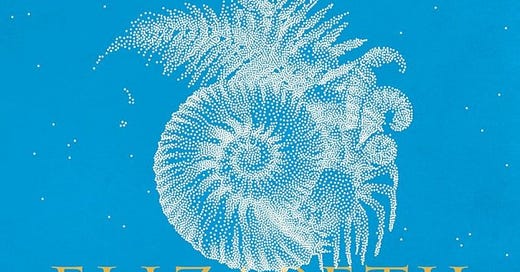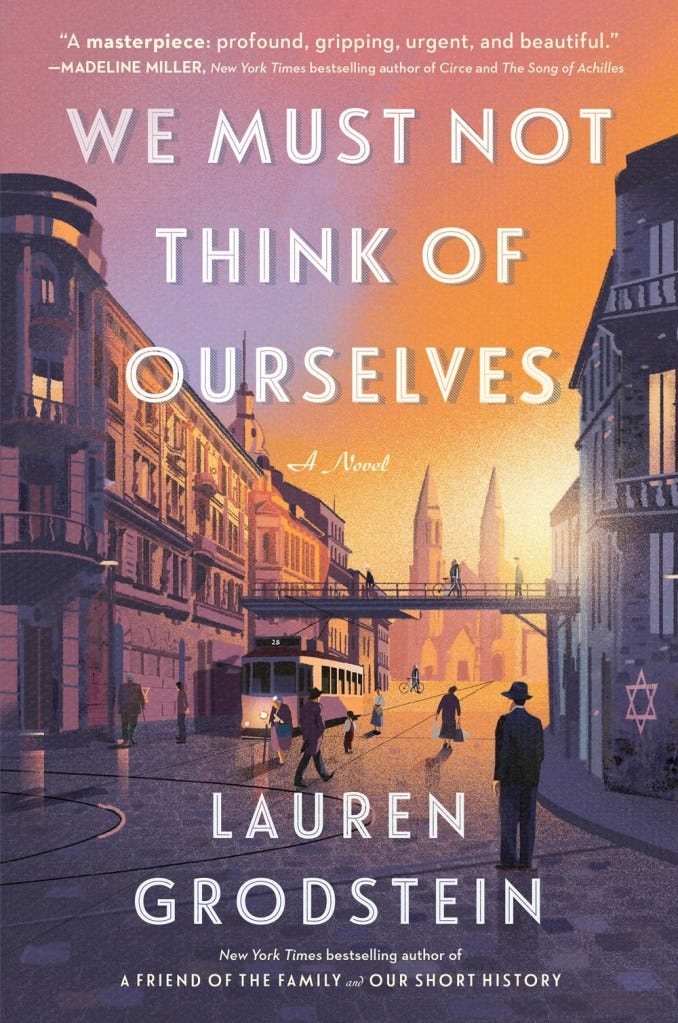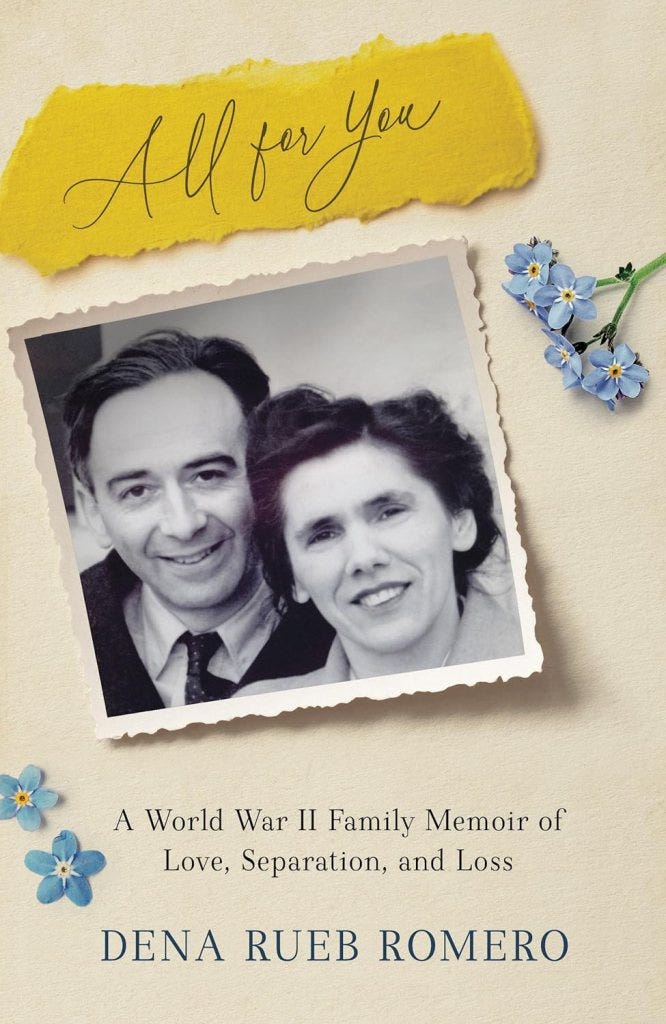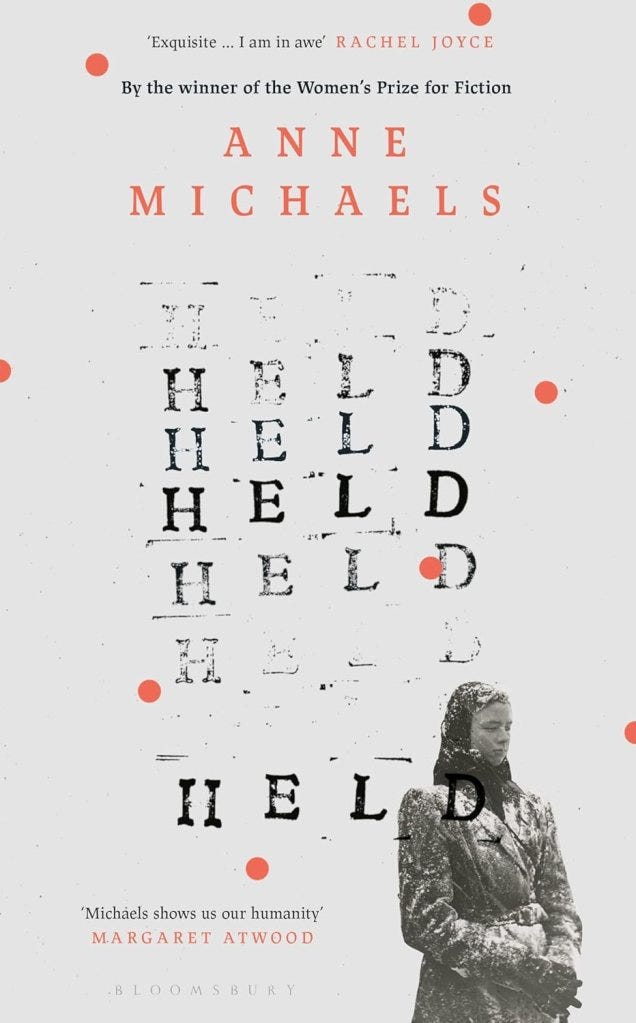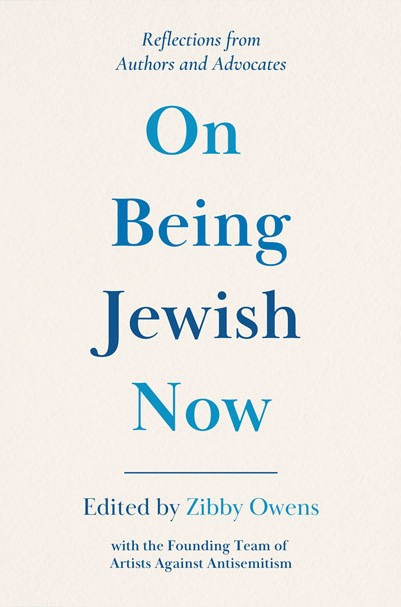October was a busy month for me. I started a new job at the local library (after being a volunteer there for a couple years); as a lifelong Dodgers fan I was caught up in the playoffs and the World Series; and as a news junkie (and former journalism teacher) I’ve been intensely interested in this most consequential of presidential elections. And I’m still producing the Friends of the Library monthly newsletter.
Somewhere in the midst of all that activity, I got a little reading done, but not much writing for Read Her Like an Open Book. I usually get more reading done in the fall and winter, for obvious reasons. So I hope to post more reviews and other content in the next few months. I’ve lined up ten writers to contribute guest posts, which will run on Tuesdays. Watch for pieces this month from Shannon Bowring (The Road to Dalton and Where the Forest Meets the River), Nicole Bokat (Will End in Fire and The Happiness Thief), and Priscilla Morris (Black Butterflies).
What I’ve Read Recently
We Must Not Think of Ourselves by Lauren Grodstein is a novel based on the true story of a group of archivists in the Warsaw Ghetto. Adam Paskow is a teacher who is asked to join the secret group. He interviews a wide range of Jews imprisoned in the ghetto, learning about their lives before the Nazis came to power and in the years since, as well as how they are managing to stay alive in the ghetto. Their stories remind us of the individuals who tend to be subsumed in the overview of the Holocaust ("the Six Million"). Grodstein's novel is further enriched by an emotionally and morally complicated love story. We Must Not Think of Ourselves expertly depicts the lengths people will go to in their efforts to survive but also to leave a record of their lives in case they don’t.
All for You: A World War II Family Memoir of Love, Separation, and Loss by Dena Rueb Romero focuses on one family’s remarkable story of trying to survive the Holocaust. Using letters and other historical documents, Dena Rueb Romero follows her Jewish father and Lutheran mother as they respond to the changes in their lives and maneuver their way to safety both in Germany and then England and the United States. Running from the late 1930s to 1946, All for You is a classic love story of two people who aren’t supposed to be together but fight to remain a couple. Staying alive means that in the short term they will have to be separated, as Deta becomes a nanny in England and Emil manages to escape to New York City, where he works in a photo studio. We also follow the lives of their family members in Germany. All for You is made even more haunting by the inclusion of photos of Emil, Deta, and their families, as well as passports and travel documents. Occasional short chapters set in Hanover, New Hampshire, depict the life Emil and Deta created after the war, in which the author was raised. If you want an immersive view of one family’s struggles during the Holocaust, where you truly sense the tension, fear, risk, and loneliness of the people involved, this is the book for you.
What I’m Reading Now
Theodor Reik, a colleague of Freud, developed a method he called “third-ear listening,” a term Nietzsche coined in relation to listening to music. “The analyst,” Reik said, “like his patient, knows things without knowing that he knows them . . . he who listens with a third ear hears also what is expressed almost noiselessly, what is said pianissimo.”
In Third Ear: Reflections on the Art and Science of Listening, Elizabeth Rosner explores the many ways we can listen to others and the natural world in order to truly hear and understand what is going on around us. The daughter of multilingual Holocaust survivors, Rosner explains that “I learned early to attune myself to their sounds and silences. . . Maybe this prepared me for a life of eavesdropping on the world, listening with all of my senses, reaching toward sources of interconnection.”
Rosner’s gift is an ability to weave a wide variety of source material and her personal experiences into an examination of subjects that are more closely related than we might imagine. In her previous book, Survivor Café: The Legacy of Trauma and the Labyrinth of Memory (Counterpoint Press, 2017), Rosner delved into the inheritance of trauma by the descendants of those who experienced slavery, Hiroshima, the Killing Fields of Cambodia, and 9/11, combining it with her experiences visiting Buchenwald concentration camp with her father.
I’m about halfway through Third Ear. It’s an absorbing hybrid of a memoir and a popular science book. There is something worth highlighting on nearly every page. Reading it is a little like spending time with someone who has both studied and experienced the subject matter and who, most importantly, is a gifted storyteller. It’s thought provoking and emotionally moving. I’ll post a full review soon.
I’ve just started reading Held by Canadian poet and novelist Anne Michaels, which is shortlisted for the Booker Prize. Her first novel, Fugitive Pieces (1997), won the Women’s Prize for Fiction, the Guardian Fiction Prize, and the Lannan Literary Award for Fiction, as well as making the shortlist for Canada’s Giller Prize. Held starts in 1917 with John, a grievously wounded soldier, lying in the snow as his mind spins back through his young life. Three years later, he returns to England and reopens his photography business. But ghosts begin appearing in his photos. Like Michaels’ two previous novels, Held is not a traditional narrative, written as it is by an accomplished poet. It’s an exploration of love, loss, transformation, and the role of creativity. I’ll have more to say when I finish reading it.
On Being Jewish Now: Reflections from Authors and Advocates was published on November 1. It’s a timely collection of 75 short essays by Jewish writers, edited by Zibby Owens with the founding members of Artists Against Antisemitism, a group of writers that formed following Hamas’s attack on Israel on October 7, 2023. It should go without saying that the last 13 months have been difficult in many ways – some of which were not merely disappointing but actually shocking — for Jews in the diaspora. The essays are grouped under 11 topics, including Jewish Pride and Joy, I Thought We Were Friends, An (Unlikely?) Activist, Jewish Mom Life, and Represent! Contributors include Lisa Barr, Dara Levan, Joanna Rakoff, Elizabeth Silver, Mark Feuerstein, Annabelle Gurwitch, Bess Kalb, Caroline Leavitt, Brenda Janowitz, Rachelle Unreich, and rabbis Steve Leder and Sharon Brous.
November Hopefuls
I have several books stacked up waiting to be read this month. I’m a mood reader, so there’s no telling which ones I’ll choose.
The Safekeep by Yael van der Wouden (Booker Prize finalist)
The Wedding People by Alison Espach
Madwoman by Chelsea Bieker
Will End in Fire by Nicole Bokat
Sleeping in the Sun by Joanne Howard (published on October 22)
Old Crimes and Other Stories by Jill McCorkle (out in paperback on December 3)
This is Happiness by Niall Williams
Time of the Child by Niall Williams (to be published on November 19)

